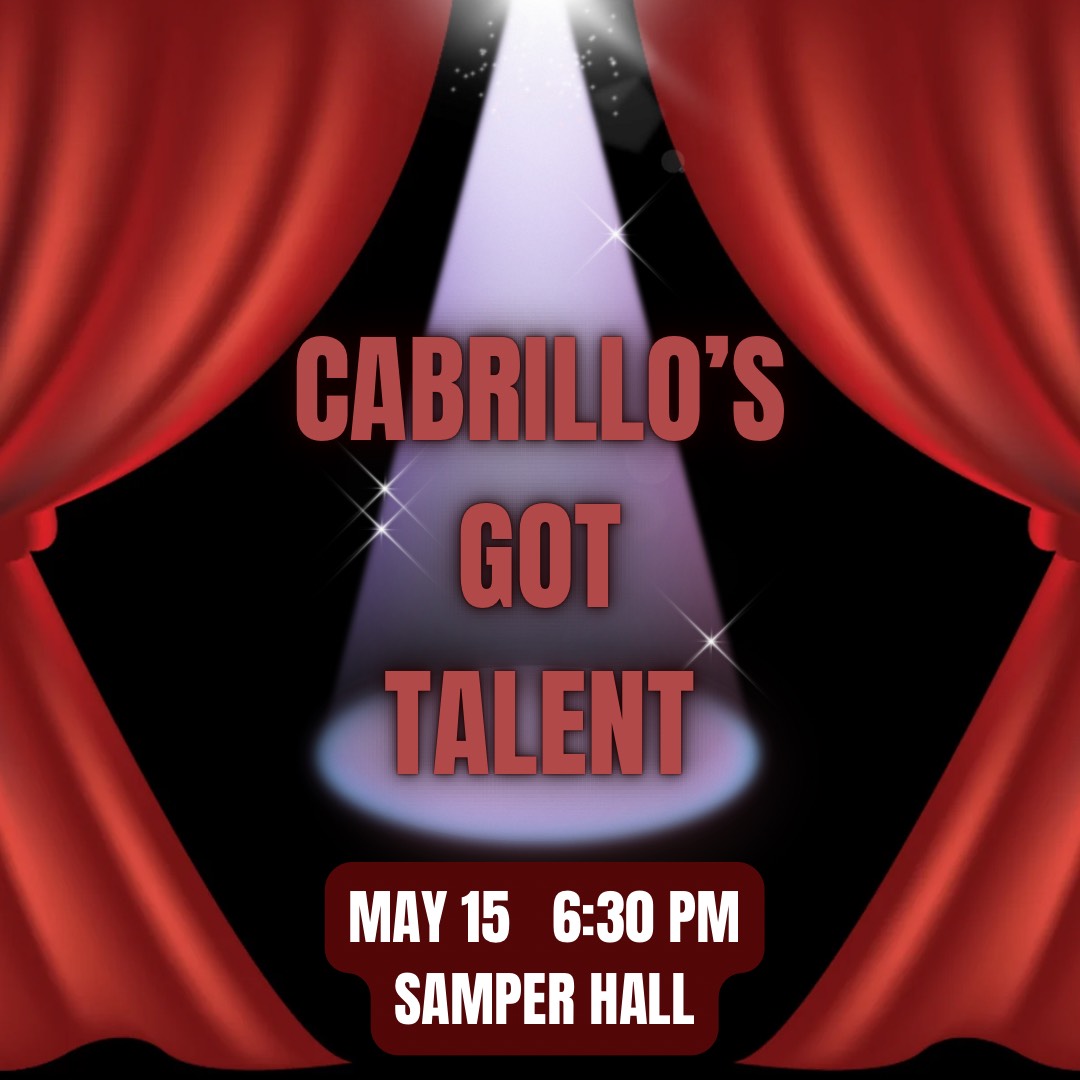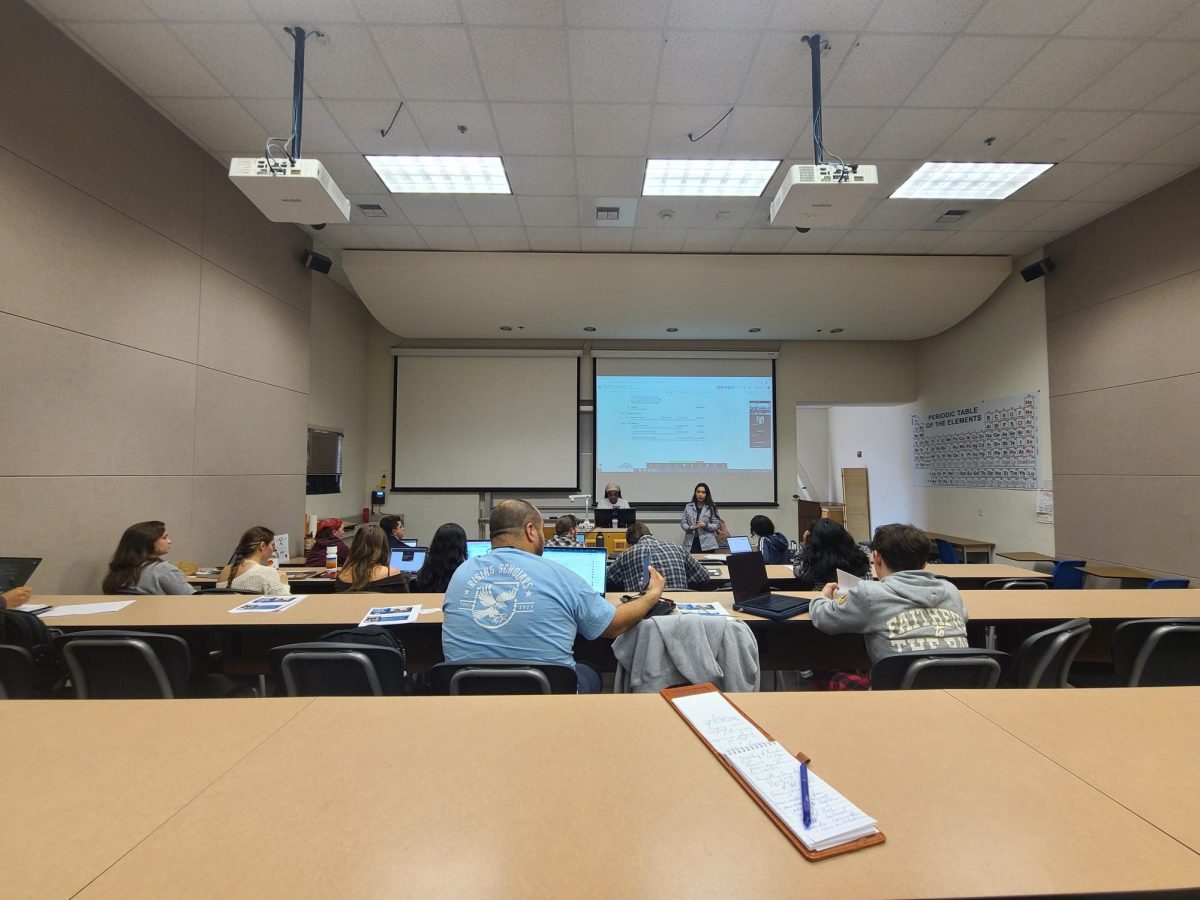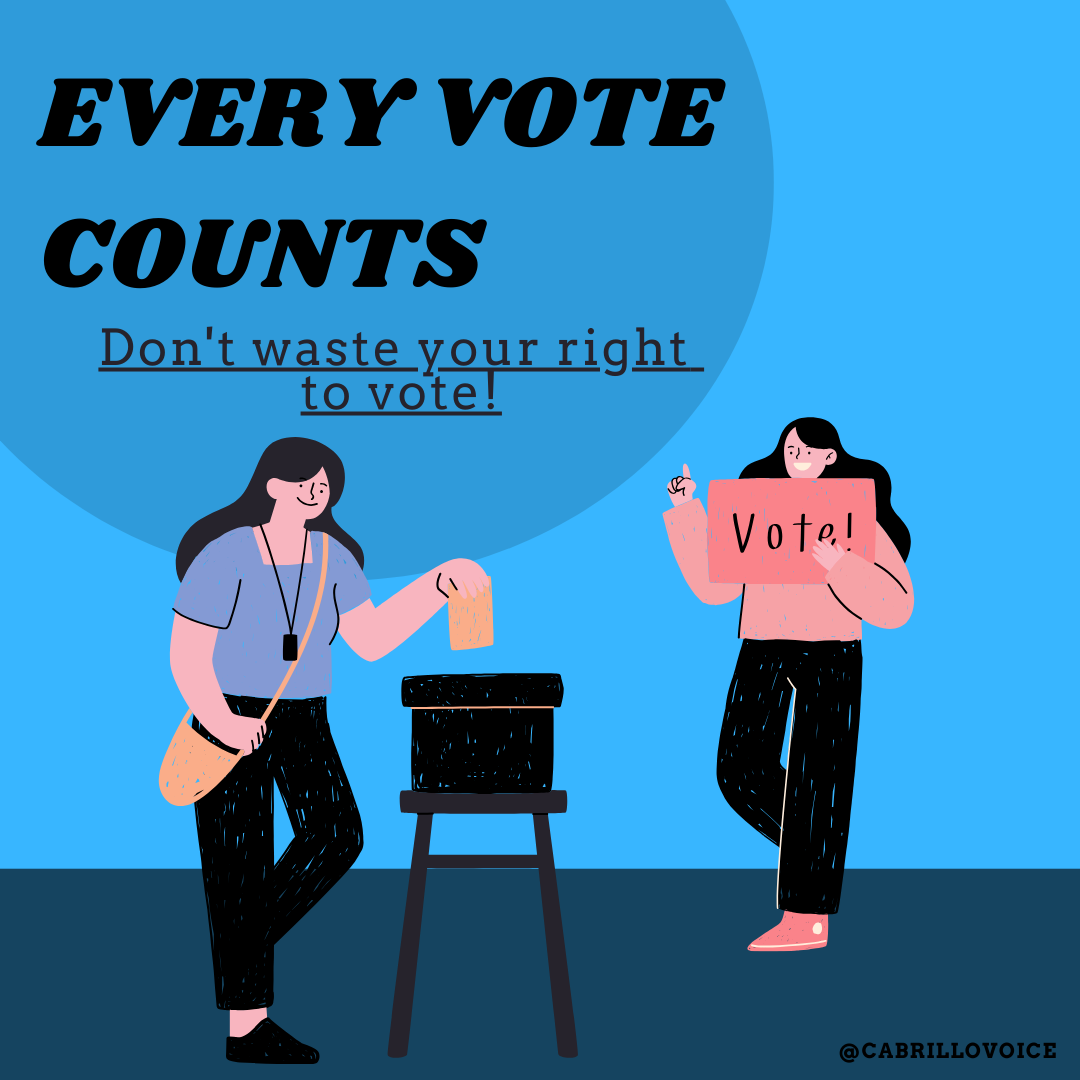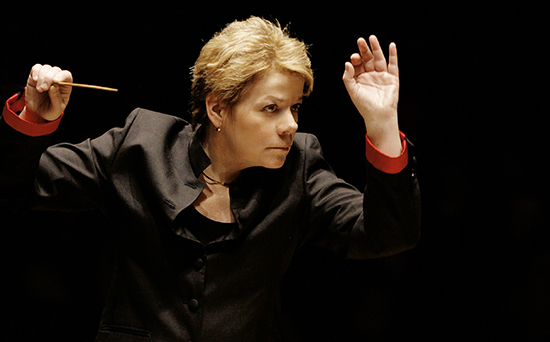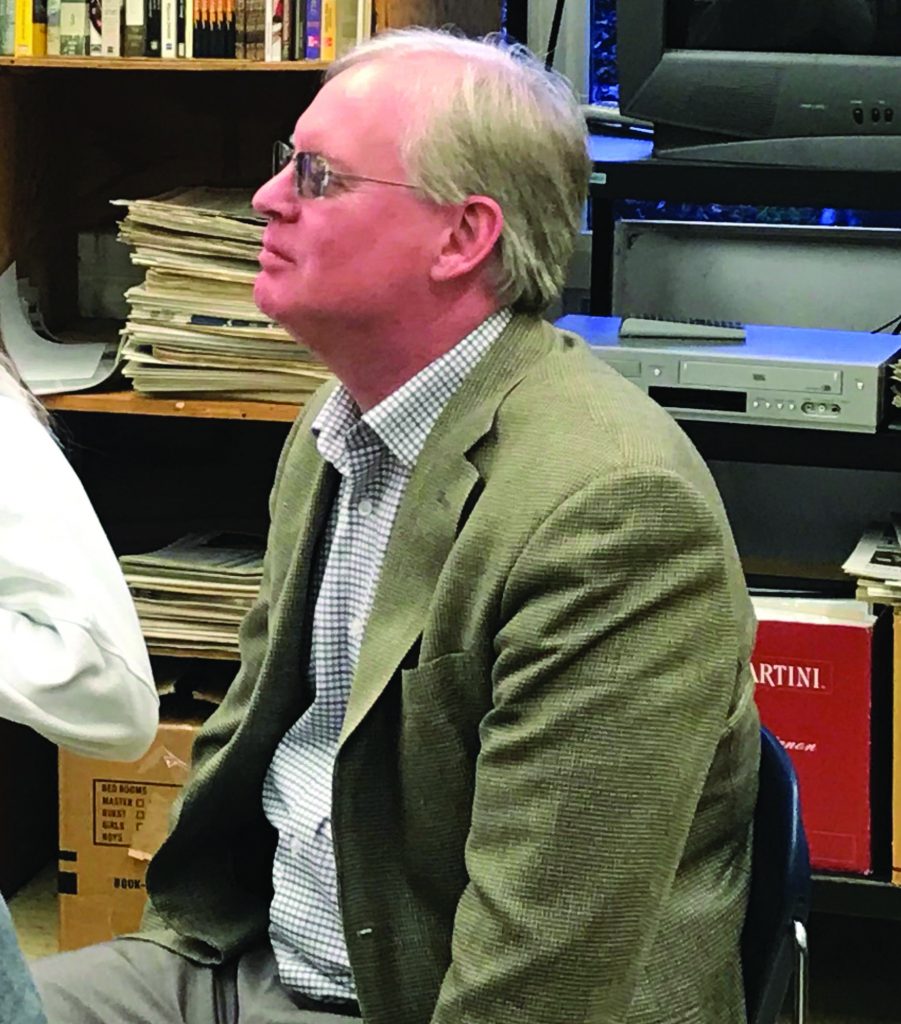
Instructors at Cabrillo College who are minorities say they are not adequately represented on campus. With a student population of 39 percent Latinx students, there are only 17.71 percent of Latinx faculty, 1.23 percent African American, 2.58 percent Asian, 0.98 percent Filipino, 0.37 Native American, 0.49 percent Pacific Islander, 1.48 percent multiple/other, 3.20 percent non-respondents, and 71.96 percent white.
“I think its time that our faculty represent our student population and unfortunately we are not there yet… at least not in my department,” said Victoria Bañales, an English instructor at Cabrillo since 2005.
Bañales said faculty and students are harmed by lack of representation. “Those who are African American don’t feel they have enough support—we don’t have equal types of representation on campus—it can be hard for those of us who are faculty of color at Cabrillo and I really hope that can change. Our fastest-growing student population at Cabrillo are our Latinx students; we are close to 40 percent now. When I first came here it was nothing like that,” she said.
Ekua Omosupe, an African American English instructor who has been working at Cabrillo since 1992, has been the only African American instructor since she was hired. In a website called Politics and Culture she said that in 2000 she had resigned as the English division chair at Cabrillo because she felt disappointed with the hiring process in her department.
“From what I see, in the next thirty years Cabrillo College’s English division will reflect the same racist, social apartheid: a predominantly white infrastructure, with all the blacks being tokens of white liberalism and quasi-integration” Omosupe wrote.
She finished her letter of resignation from the position of English department chair by saying that “resistance to change by those in power has not lessened and, unfortunately, the English department is not a leader in challenge to shift the apartheid paradigm. I feel I will have more useful impact in the classroom,” she added, saying that teaching would give her more influence than being an administrator.
Bañales keeps her hopes up with the new president at Cabrillo— hoping he can bring more representation and more diversity.
She is excited there is a new space called the Office of Equity focusing on how current institutional practices can be changed to better support and serve underrepresented student groups. Students at Cabrillo benefit from having teachers of their same ethnicity; they can see the instructor as a role model in encouragement to succeed in school, and more diversity helps students learn to collaborate and communicate with the different cultures that exist on campus. Bañales has faced micro-aggressions from other faculty members not only because she is a Latina, but also as a woman. She says that students have come to her claiming some faculty members have made racist comments in class and to their students.
She says “Students have told us—like oh my gosh—faculty said this, and they have felt deeply offended.”
Geneffa Jonker, an English teacher of South Asian descent at Cabrillo since 2000, has had some aggressive encounters with students who have questioned her authority for being a woman of color, yet she has also faced discrimination from faculty members.
“Faculty of color have been rudely silenced over the years or subject to eye-rolling, interruptions, and inattention ¬– faculty passing notes or muttering while a faculty member of color is speaking. Some faculty of color, male or female, have expressed that they choose not to talk at meetings rather than face public humiliation.”
Jonker said she doesn’t think there are systems in place for faculty to air their problems.
“I feel that I can’t talk to them about what I go through in the classroom in terms of racism and sexism because they would like to think of it much more as a Geneffa problem—oh she is too emotional—she is not a good teacher—she is not professional enough” Geneffa says.
Faculty meetings have made some faculty members feel like they have been silenced, ignored, and offended by other faculty members. Some teachers feel that as faculty of color they are recipients of micro aggressions from other faculty members during meetings.
“I’ve noted that the groups as a whole will be far more likely to complain about or ostracize faculty of color than they would someone else behaving in the same way” Geneffa says.
Teachers do talk to other in places where other faculty members don’t hear them.
“Faculty of color… we have these conversations, sometimes on the side, and sometimes we don’t feel confortable saying it out in the open, but we are always having those kitchen talks left and right—I just had one yesterday—so sometimes we don’t feel like we are going to be heard, we might get dismissed, we might get labeled because we are the ones who brought it up in a meeting, so it has not been easy to be emotional” Bañales says.
Matthew Wetstein, the new president of Cabrillo College, said he tried to increase the representation of Hispanics and African Americans in his previous job as president at Delta College in Stockton by advertising jobs that would fit minorities, such as courses specializing in African American and Latino history.
Wetstein said he is supportive for the hiring of a more cultural diverse staff on campus. He would like staff to step forward and tell him what is happening and what he is welling to do about the issues.
“It’s painful for me to hear people voicing those concern, but I’m also very hopeful about the direction the college is going because I am seeing a very receptive culture to positive change both working with students and working with each other,” Wetstein said.
Up to now, staff members give Cabrillo an “F” for diversity.
“They have something called all college day were we have to show up and for years they have flashed pictures of the new staff and faculty they hire and the brown people we keep seeing are hired for janitors—its like an inside joke for us” Bañales says.



